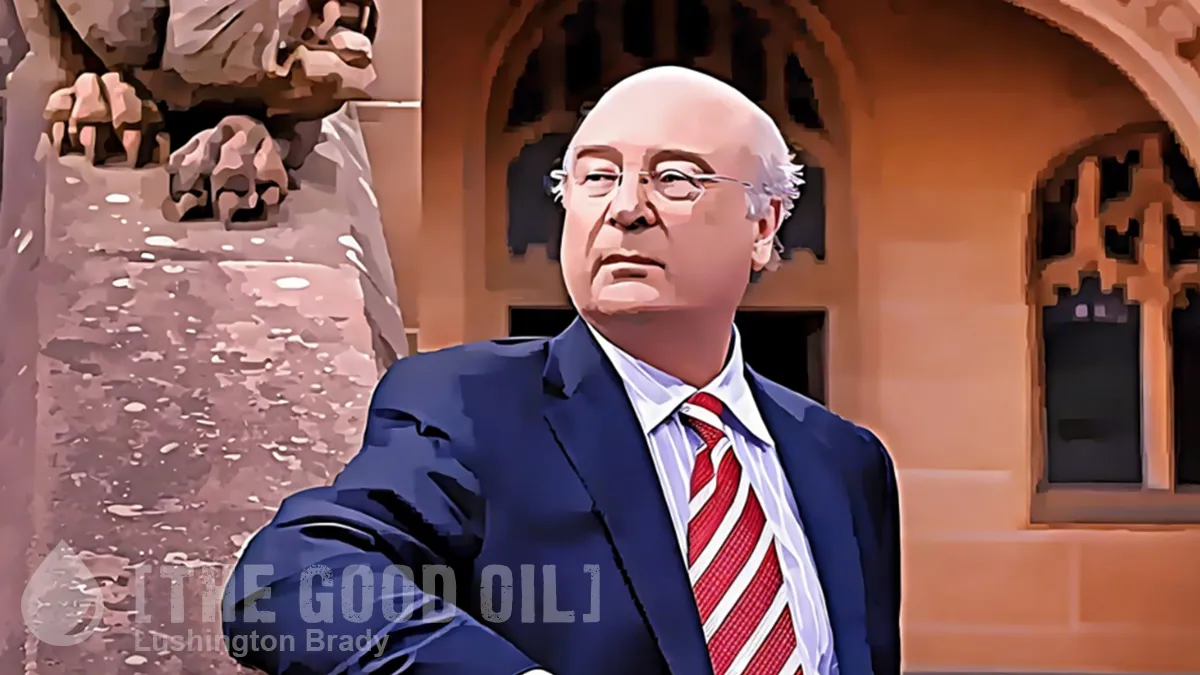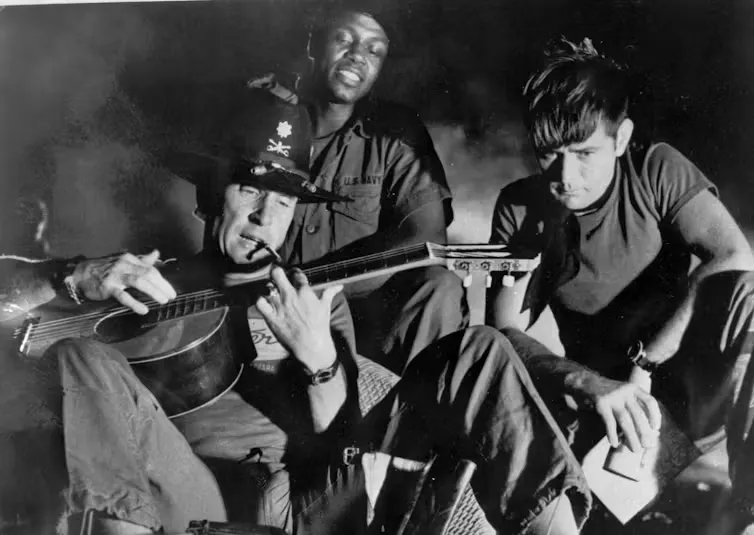Table of Contents
Australian historian Keith Windschuttle has passed away, aged 83.
Windschuttle had a long and storied career as an historian, journalist and editor, but it’s his masterly demolition of The Fabrication of Aboriginal History (to use the title of his own three-volume work) and editorship of Quadrant magazine for which Windschuttle is both valorised (by the right) and loathed (by the left).
Windschuttle was born in 1942 and attended Canterbury Boys’ High School, where he was just two years behind one John Winston Howard. Initially, though, both stood at opposite ends of the political spectrum. Howard recalled the young Windschuttle as a red-ragger who would likely have worn a Whitlam ‘It’s Time’ badge in 1972 and a ‘Shame, Fraser, Shame’ one in 1975. However, he was, Howard says, “A courageous intellect”, who’d “crossed over roads more than I had. But he was a deep thinker, and I respected his capacity to change attitudes on quite fundamental issues, but to do it in a measured, soundly based way.”
Windschuttle’s willingness to cross political roads was already evident in his uncompleted PhD thesis, published as The Media in 1984. While still heavily influenced by Marxism, Windschuttle drew on Marxist historian E P Thompson’s The Poverty of Theory to critique the dominant Marxist theories of Louis Althusser and Stuart Hall.
Tellingly, nothing by Windschuttle was ever featured as a required or recommended reading in my university media studies or communications units.
The evolution of Windschuttle’s book mirrored his own: where the first edition of 1984 attacked ‘the New Right’, the 1988 third edition acknowledged that the New Right’s economic reforms had worked “in more positive ways than I thought possible at the time”.
A lecturer in history at the University of New South Wales and University of Technology Sydney, regular visiting and guest lecturer on history and historiography at American universities, Windschuttle became highly critical of fashionable postmodernist approaches to history. The Killing of History and The Fabrication of Aboriginal History accused historians of falsifying Australian history, by exaggerating and outright inventing the degree of violence in the colonial past, exaggerating the degree of racism and the wholesale fabricating of the ‘Stolen Generations’ narrative (that the removal of Aboriginal policy was a deliberate policy of genocide, rather than a reaction to neglect and abuse).
‘Aboriginal oral history, when uncorroborated by original documents, is completely unreliable, just like the oral history of white people’
Windschuttle advocated a rigorously empirical approach to history, relying on objective, hard evidence, as opposed to third-hand (or worse) ‘oral history’ – or, as the rest of us would call it, ‘folk tales’. His view was that “Aboriginal oral history, when uncorroborated by original documents, is completely unreliable, just like the oral history of white people.” Windschuttle argued that too many historians let their political beliefs override the empirical evidence.
Naturally, Windschuttle’s views brought him into conflict with the left establishment and especially with a writer who’d made the opposite journey, right to left: Robert Manne. Manne, who famously failed to satisfactorily answer journalist Andrew Bolt’s challenge to name just 10 Aboriginal children ‘stolen’ solely because they were Aboriginal, also failed to stump up an apology to Windschuttle for egregiously misquoting his work. Manne variously accused Windschuttle of calling Tasmanian Aborigines ‘common criminals’ and using ‘plainly racist’ terminology – none of which could be substantiated by a thorough search of his work.
Such is the lot of those who dare challenge the left hegemony and its ‘black armband’ view of history.
Especially when, as Windschuttle resolutely did, they resist the left’s constant attempts to divide our nation on racial grounds. Windschuttle was, it is said, a firm believer in our first prime minister, Edmund Barton’s, maxim of “A nation for a continent and a continent for a nation.” This led Windschuttle to vigorously oppose the 2023 ‘Voice’ referendum, which he correctly identified as a wedge that would be used to fracture our nation into mutually hostile ethnostates. Had the referendum passed, Windschuttle said, it would have provided “a bargaining position for indigenous people to exert far more influence over our national government than anyone now imagines”.
As well as John Howard, Windschuttle was valorised by another former prime minister, Tony Abbott – now a board member at Quadrant, the magazine Windschuttle long helmed.
His greatest and most unique achievement was the intellectual rigour he brought to the history of Aboriginal people and their interaction with settler society… He knew that it’s grievously unfair to judge yesterday’s people by today’s standards.
This, says fellow historian Professor Ross Fitzgerald, put Windschuttle in much the same position as Australia’s premier historian and ‘National Living Treasure’ Geoffrey Blainey: denounced and vilified by the leftist mob for the crime of demanding empirical intellectual rigor in history studies. He “stood alone at numerous debates before baying crowds of true believers who insisted that Australia was an illegitimate society built on stolen land”, says former Labor MP and productivity commissioner Gary Johns.
“Keith was the premier culture wars warrior,” Johns says, “denouncing extreme claims that painted Australia as an illegitimate shell of itself, challenging revisionist historians to validate their outrageous accusations of frontier pogroms and stolen generations.”
Warren Mundine, the former chairman of the federal government’s indigenous advisory council, sometimes sparred with Windschuttle, but Mundine acknowledges he stuck to “empirical evidence, as every historian should”.
Mundine’s verdict is perhaps the best any Australian could ask for:
“He was a very proud Australian and he loved Australians and he stood against those people who are out there trying to divide us.”









